Last week on October 3rd, scientists from Imperial College London (ICL) and from INRAE Micalis Institute were hosted by the French embassy in London for a seed meeting around synthetic biology and synthetic microbial ecology as scientific strategies for biotechnology and food production. A special thanks to the organizer: Ludovic Drouin (French Embassy), Young-Kyoung Park (Micalis) and Rodriguo Ledesma-Amaro (ICL). Our several groups with complementary research discussed about perspectives of future collaborations on the field together with Ferment du Futur or Bezos Centre.
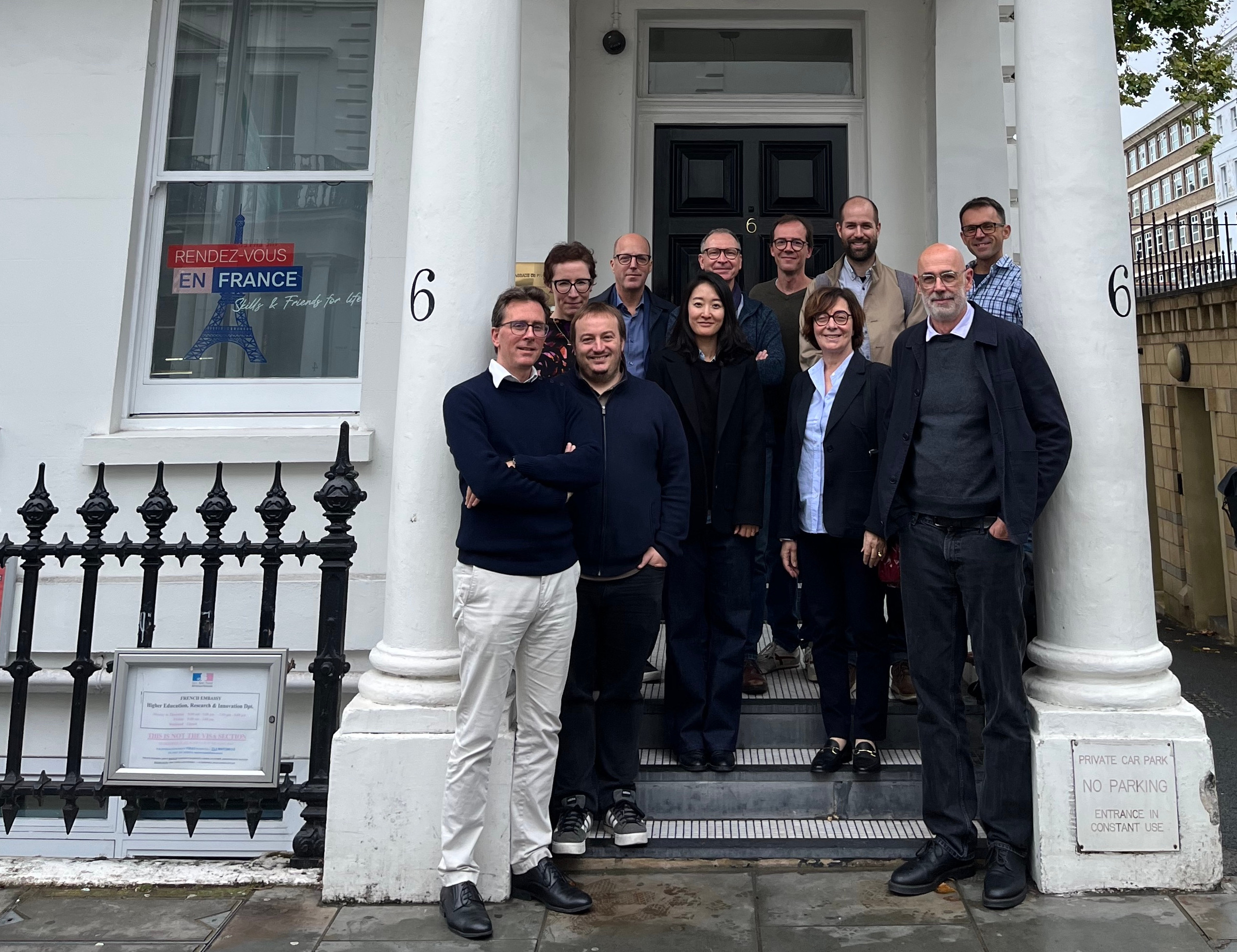
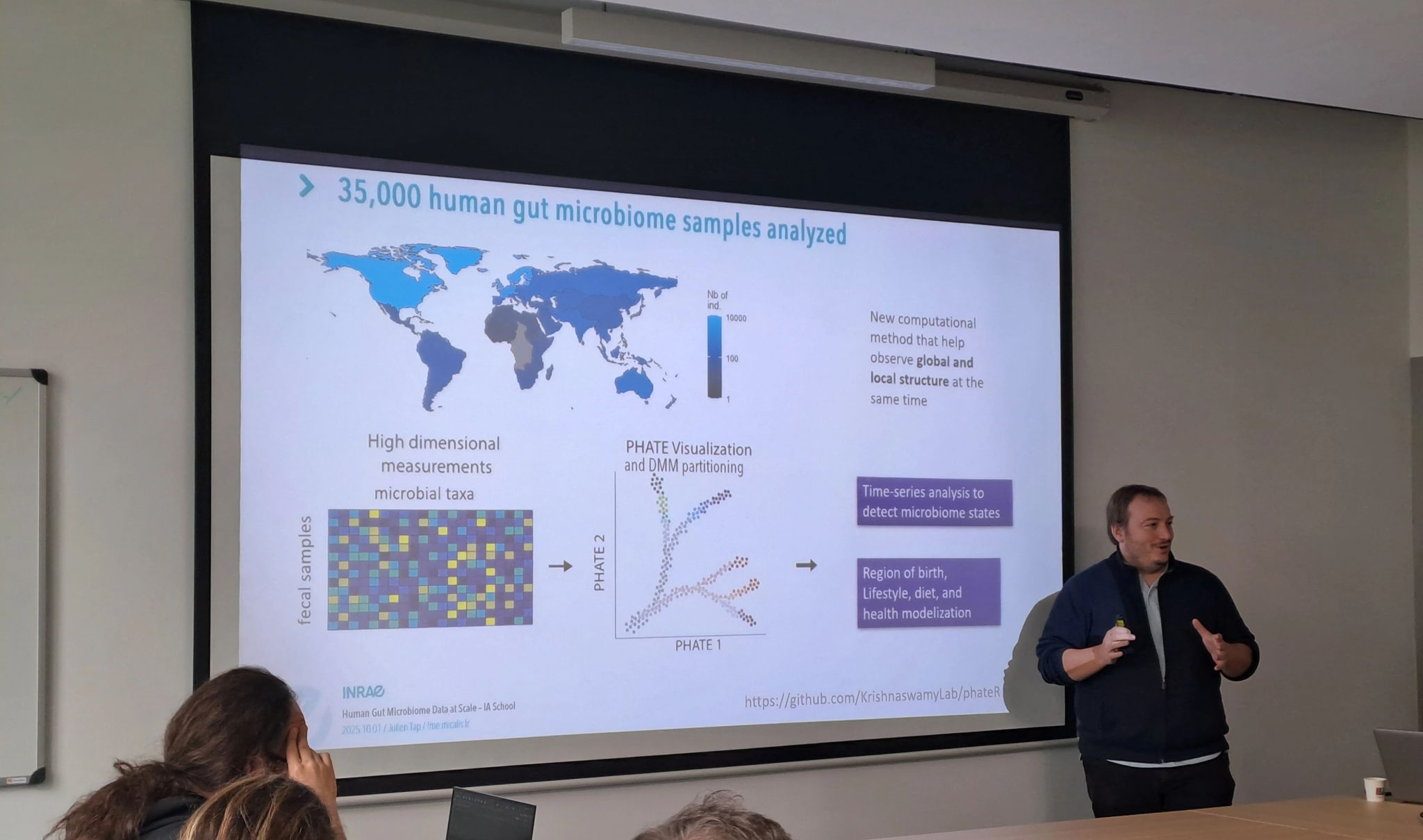
Earlier this month, Julien had the pleasure of participating as a lecturer at the School of Artificial Intelligence Applied to Microbiomes, hosted at AgroParisTech and organized by Aristeidis Litos, Daniel Garza, and Ariane Bize. The event brought together an exceptional group of researchers and students exploring how AI, data science, and mathematical modeling are reshaping our understanding of microbial ecosystems.
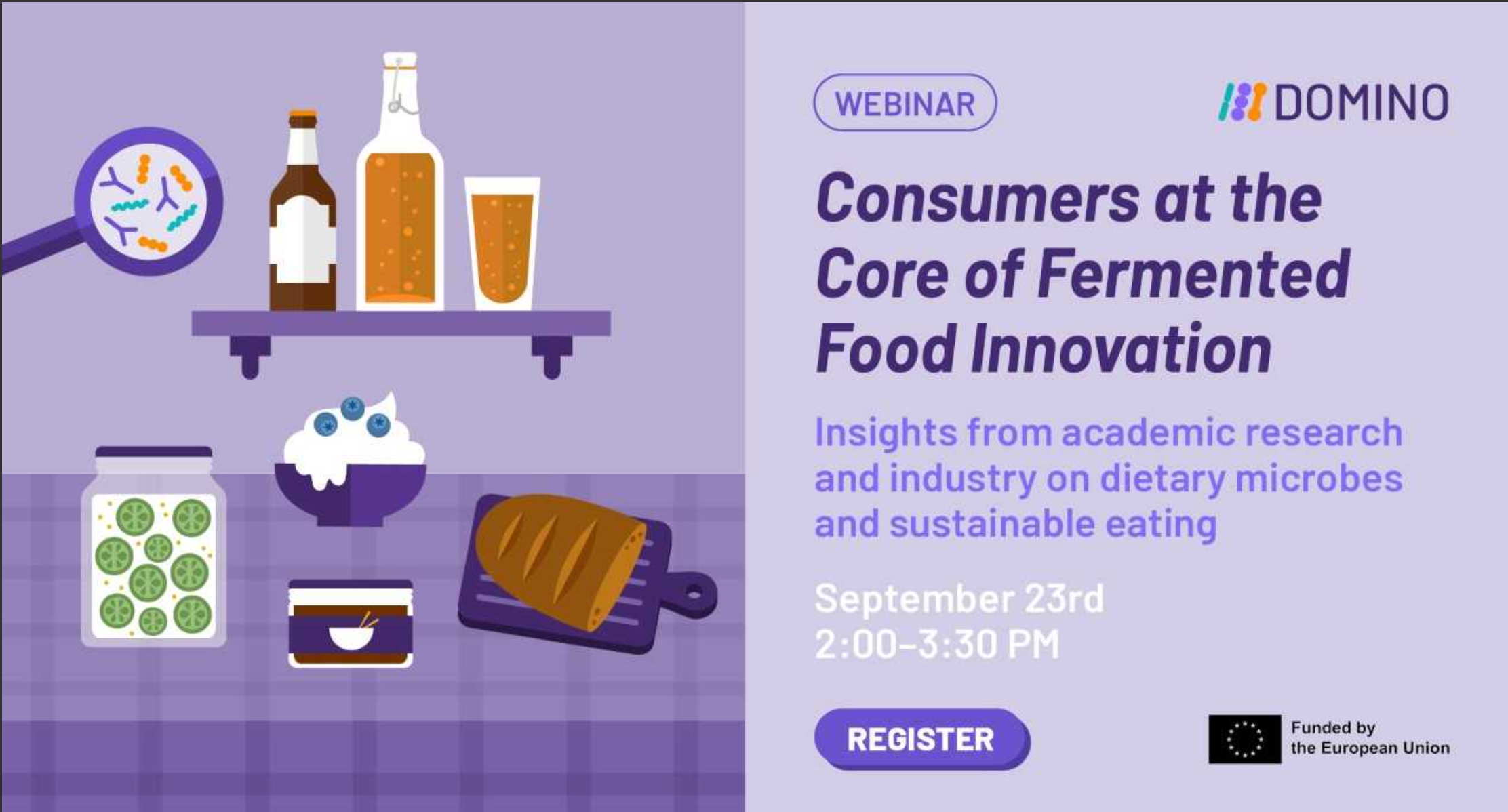
Yesterday on September 23rd, about 100 participants from academia, industry, NGOs and policy makers across Europe had joined the second Stakeholder Forum of Horizon Europe #DominoEU project. Four speakers Pr. Jutta Roosen from the Technical Universty of Munich, Dr. Emmanuella Magriplis associate professor from the Agricultural University of Athens, Dr. Michail Syrpas associate professor at Kaunas University of Technology in Lithuania and Dr. Nikoletta Vidra Science Manager at Yakult Europe altogether spotlighted the central role of consumer research in advancing the field of fermented foods.
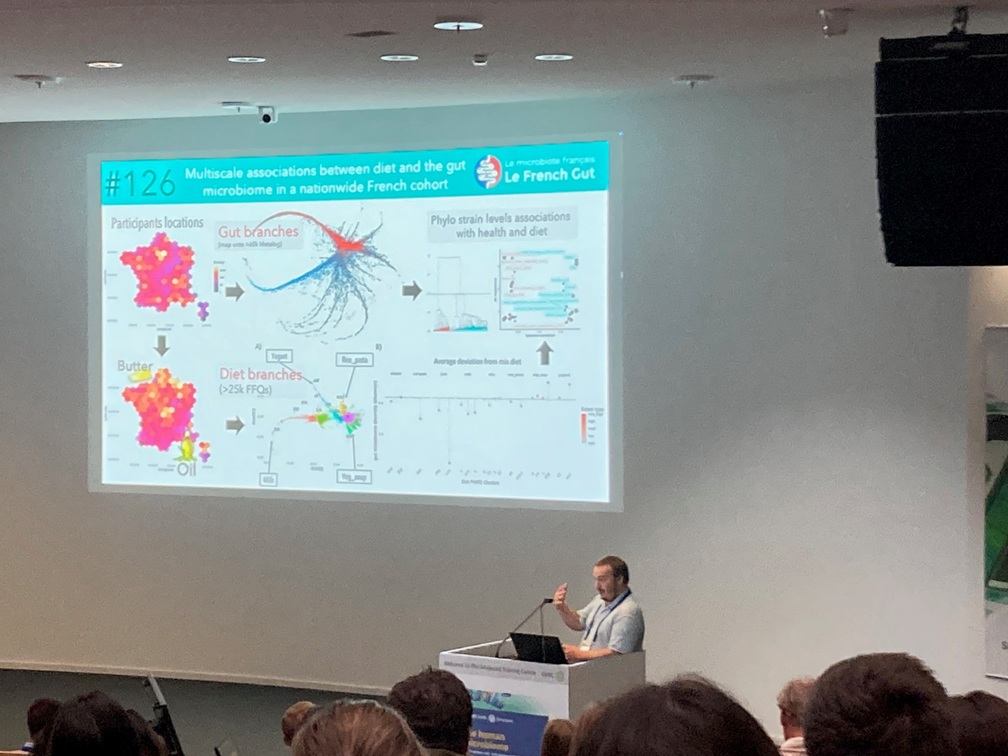
The relationship between diet and the gut microbiome lies at the heart of both health and sustainability challenges. Understanding how dietary habits shape microbial diversity is key to developing new strategies for precision nutrition.
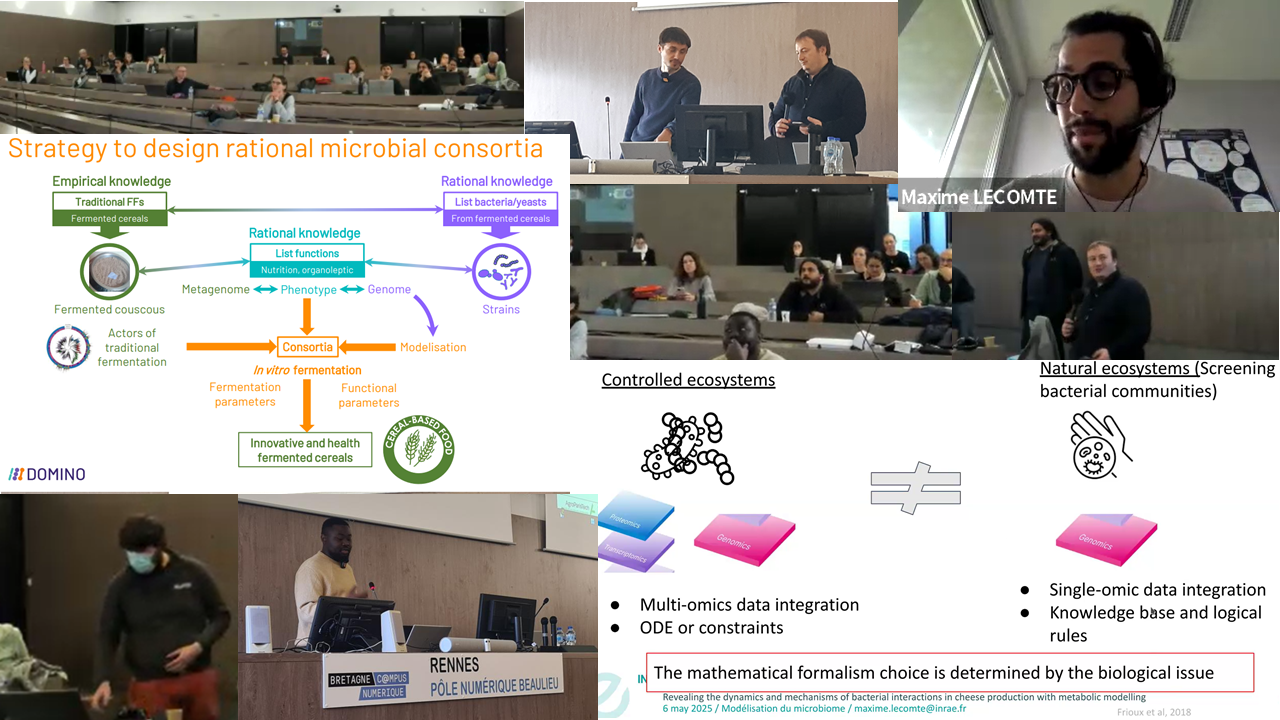
The French NEM (Nutrition & Microbial Ecosystems) network hold its annual meeting this last two days (5th – 6th of May) in Rennes. Julien Tap, researcher from the FME lab presented the first results of his Ferment du Future SynthPlex project and how Engineering food microbial consortia can be performed using microfermentors to reveal strain epistasis. With the Support of Holoflux and Digit-Bio INRAE Metaprogram, He also co-organized with Guillaume Gautreau from the MaIAge Unit a specific workshop on modelling of microbial ecosystems.
Latest Posts
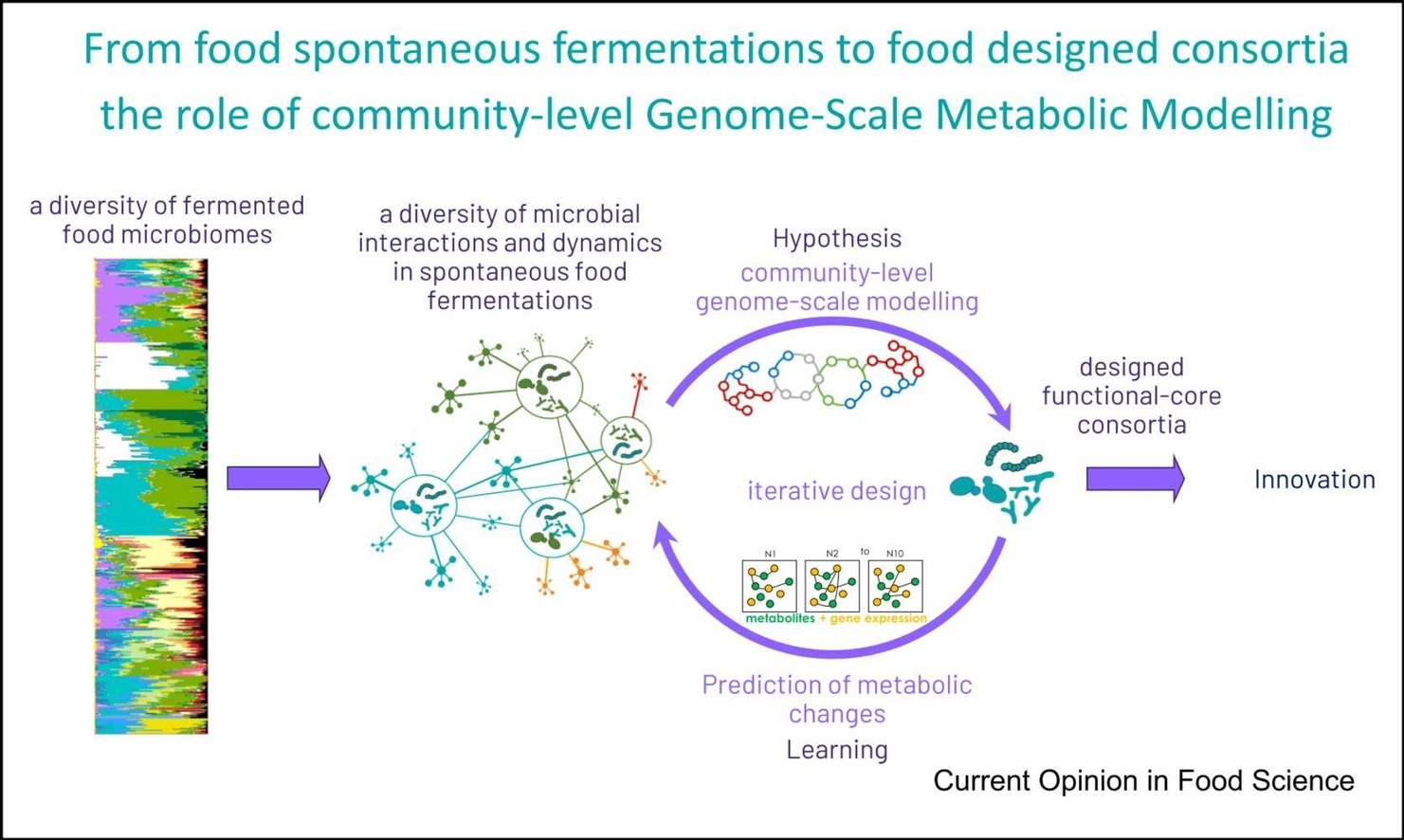
Our new article entitled “Microbiome metabolic modeling as a tool for innovation in fermented foods” has been published in in Current Opinion of Food Science1.
-
Elham Karimi, Julien Tap, Marie-Christine Champomier-Vergès, Stéphane Chaillou. Microbiome metabolic modeling as a tool for innovation in fermented foods. Current Opinion of Food Science. 2025 ↩
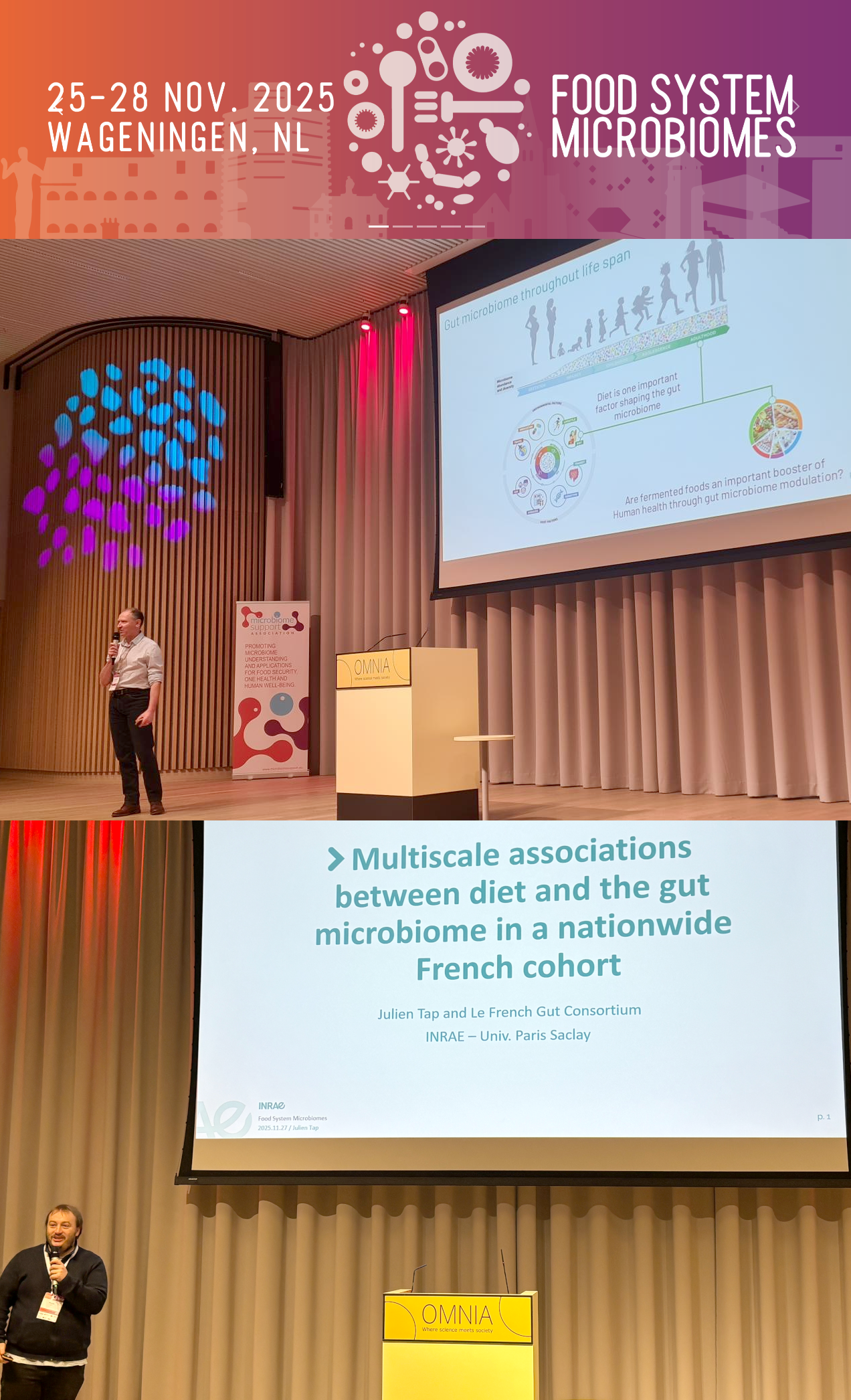
On Thursday 27 November, the FME lab took part in the Food System Microbiomes Conference in Wageningen during the session dedicated to the connections between microbiomes, nutrition and health. The session was co-chaired by Stéphane Chaillou (INRAE, Micalis) and Prof. Christophe Courtin (KU Leuven), and provided an opportunity to showcase advances from two major European projects: DOMINO and HealthFerm.

A new scoping review published in Frontiers in Nutrition1 as part of the COST Action PIMENTO initiative provides a comprehensive assessment of what is currently known about the health effects of fermented foods in specific human populations. This work reflects a substantial collective effort. We conducted an extensive and rigorous screening of the scientific literature, reviewing and selecting studies across many categories of fermented foods and health outcomes.
-
Humblot Christèle, Alvanoudi Panagiota, Alves Emilia, Assunçao Ricardo, Belovic Miona, Bulmus-Tuccar Tugce, Chassard Christophe, Derrien Muriel, Karagöz Mustafa Fevzi, Karakaya Sibel, Laranjo Marta, Mantzouridou Fani Th, Rosado Catarina, Pracer Smilja, Saar Helen, Tap Julien, Treven Primož, Vergères Guy, Pertziger Eugenia, Savary-Auzeloux Isabelle, A scoping review of the health effects of fermented foods in specific human populations and their potential role in precision nutrition: current knowledge and gaps. Frontiers in Nutrition. 2025 doi:10.3389/fnut.2025.1650633 ↩